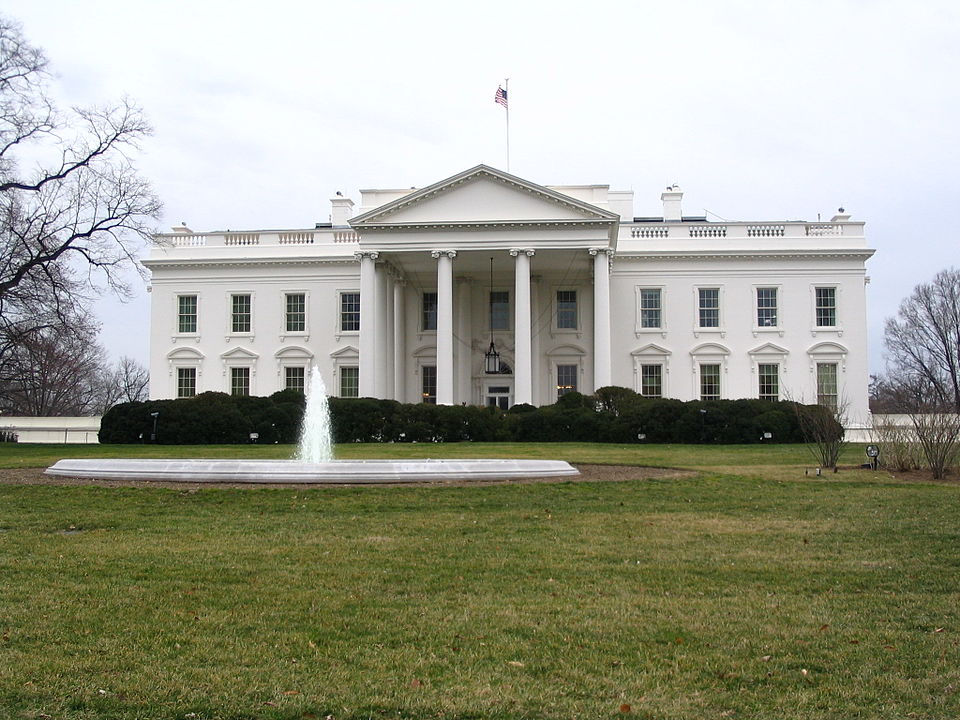A Florida judge has dismissed a defamation lawsuit brought by Truth Social’s parent company, Truth Media & Technology Group Corp. (TMTG), against The Guardian, the Sarasota Herald-Tribune, and several reporters—marking another instance in which legal actions connected to President Donald Trump’s media interests have faced significant hurdles in court.
The case stemmed from two articles published by the UK-based Guardian in March 2023. According to Judge Hunter Carroll of the Twelfth Judicial Circuit Court for Sarasota County, the reporting focused on “a federal criminal investigation related to TMTG’s receipt of two payments totaling $8 million.” The articles described claims—sourced to individuals familiar with the matter—that “federal prosecutors in New York were conducting a money laundering investigation related to the payments, which were wired through the Caribbean from Paxum Bank and ES Family Trust, entities with ties to an ally of Russian president Vladimir Putin and a history of providing banking services to the sex worker industry.” The reporting also said the origins of the loans raised internal concerns at TMTG, including that its then-CFO considered returning the funds before the company “ultimately did not.”
The Guardian’s reporting was later referenced by other outlets, including the Herald-Tribune. TMTG filed suit, arguing the articles were false and defamatory and asserting that TMTG “is not, and never was, under investigation for money laundering,” and that neither the company nor its executives “have been the focus of any investigation.”
Judge Carroll noted in his ruling that TMTG acknowledged it is a public figure, which requires a higher standard of proof—“actual malice”—to prevail on a defamation claim. After reviewing the allegations, the court concluded that TMTG had not met that threshold. The judge also cited Florida’s anti-SLAPP statute, intended to stop lawsuits “without merit and primarily because such person or entity has exercised the constitutional right of free speech in connection with a public issue.” Under the statute, defendants may recover attorneys’ fees when targeted by meritless suits aimed at discouraging public participation.
Carroll emphasized that “merely reporting on negative information is not enough to establish actual malice,” adding that the law “requires more than a departure from journalistic standards or a mere failure to investigate.”
The articles, he wrote, were grounded in “multiple sources familiar with the investigation, review of internal TMTG communications, investigation of the entities who made the loans, and fruitless requests for further information from the Department of Justice, the investigators’ office, and outside counsel for TMTG.”
TMTG’s CEO Devin Nunes—formerly a Republican congressman—had publicly denied that the company was aware of any issues related to the loans, and the Guardian included his denial in its reporting. But Carroll found that the denial did not demonstrate malice, writing: “This denial is not germane to the existence or nature of the investigation, and even if it was, such commonplace denials do not establish actual malice.”
Broader Context: Trump-Affiliated Defamation Suits Face Legal Barriers
The dismissal is the latest example of how defamation cases brought by Trump or entities connected to him have struggled to move forward, largely due to high legal standards for public figures and strong protections for political and investigative reporting.
Key related examples include:
Trump v. CNN (2022–2023)
President Trump sued CNN for $475 million, arguing the network defamed him by comparing some of his statements about the 2020 election to rhetoric used by authoritarian regimes. A federal judge dismissed the suit in 2023, finding that the comparisons were protected opinion rather than factual claims.
Trump Campaign v. The New York Times (2020–2021)
The Trump campaign sued The New York Times over an opinion piece suggesting Trump had welcomed Russian election interference. A New York judge dismissed the case, emphasizing that opinion columns—especially on political matters—receive robust First Amendment protection.
Trump Campaign v. The Washington Post (2020–2021)
A similar lawsuit against The Washington Post over opinion articles discussing the campaign’s contacts with Russia was also dismissed for lack of actionable factual claims.
Trump v. The New York Times and Mary Trump (2019 publication; lawsuit filed 2021; dismissed 2022)
President Trump filed suit against the newspaper and his niece Mary Trump over reporting that relied on family tax records. A judge dismissed the case in 2022, finding that newsgathering activities—even aggressive ones—are protected under the First Amendment.






